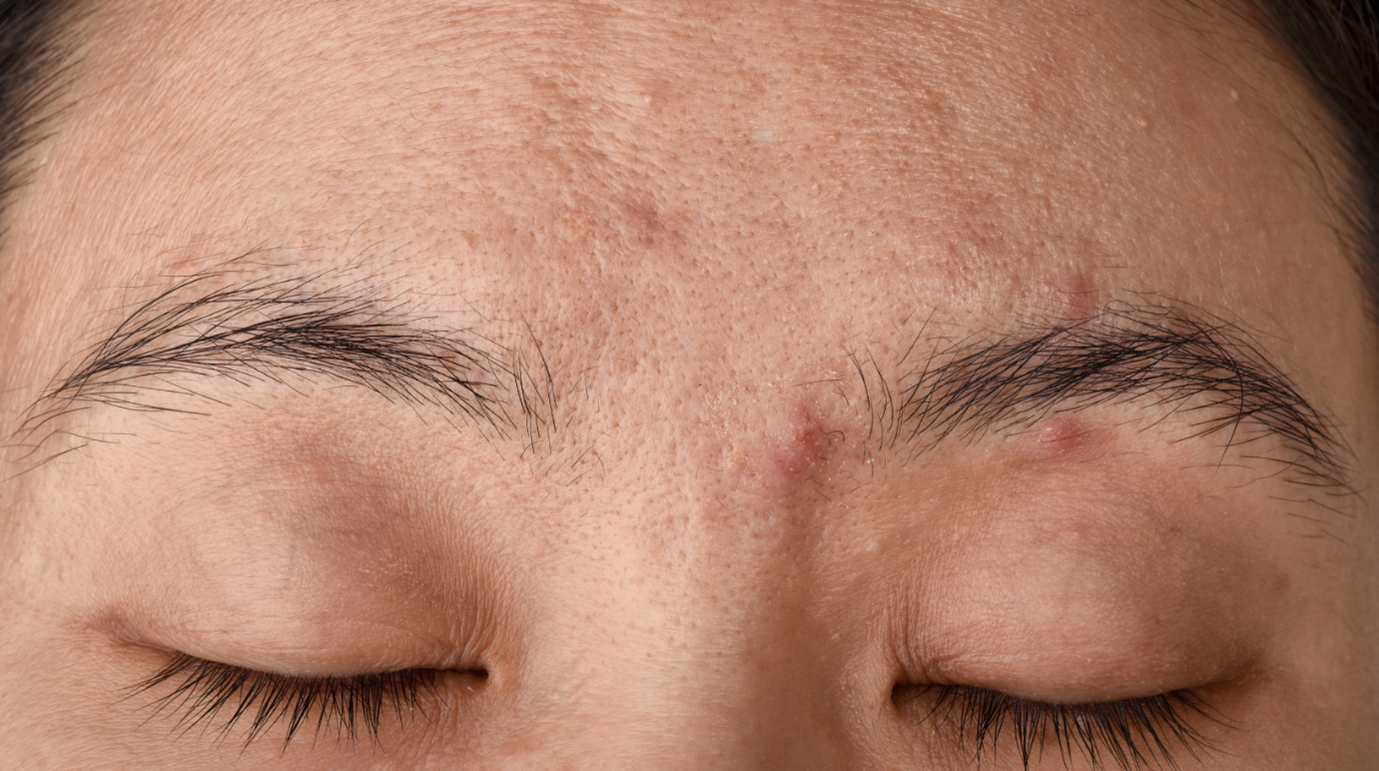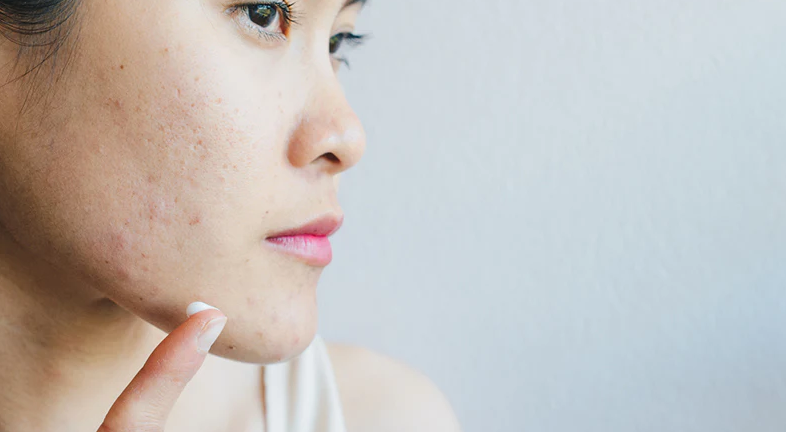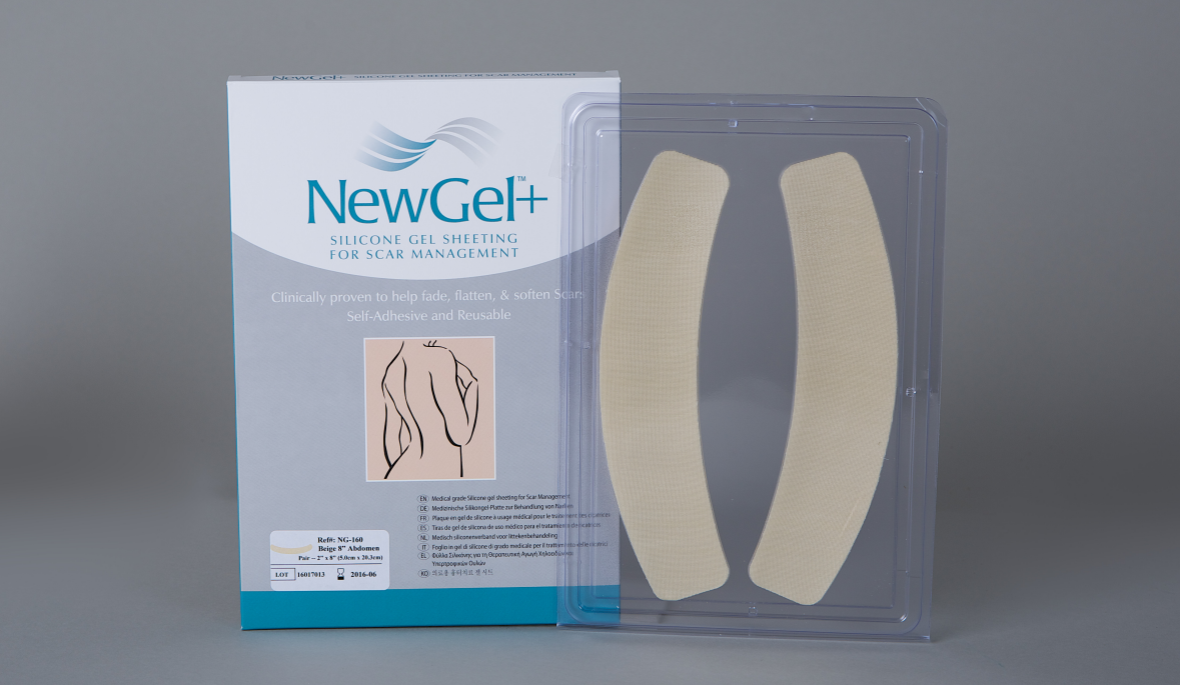Eczema is a skin condition that affects 31.9% of people in the United States. Some outgrow their eczema while others continue to deal with it throughout their lives. It can be perplexing, troublesome, and embarrassing.
WHAT IS ECZEMA?
Eczema is a general term to describe a large subset of chronic skin conditions typically resulting from inflammation. The most common form of eczema is called atopic dermatitis (AD). “Atopic” meaning allergic reaction that doesn’t require contact and “dermatitis” meaning skin irritation. So, quite literally, eczema is a skin reaction caused by inflammation that can develop on any spot of your body and its trigger can remain unidentified.
Eczema is usually diagnosed during adolescence and its severity can range from mild to severe. Commonly affected areas are those next to skin creases, such as elbows, wrists, and neck. However, any area of your body could be affected by eczema.
In most cases of eczema, an inflamed area will flare up and subside periodically. A flare up can last as little as a day or as long as a few weeks. During a “flare” you may experience mild to severe dryness, itchiness, blisters, thickening of the skin, or even infections. Flare ups vary from person to person, and the same person could experience a variety of reactions during each new flare.
The cause of atopic eczema is not known and there is unfortunately no permanent cure for it, so keeping up with your treatments is vital for maintaining healthy skin, especially during the frigid months.
WHY DOES WINTER AFFECT ECZEMA?
One thing that we all have in common during the winter months is that we are exposed to the same dry air. A lack of moisture in winter air causes skin to dry out faster and more frequently without proper treatment. If you suffer from eczema, then you probably have been noticing that your flare ups become either more frequent or more severe during the winter. As humans, we must maintain our body temperature which usually means finding comfort in a temperature opposite that of the outdoors. However, you may not realize that warming up during those frigid winter nights could be causing your eczema to flare up.
Cold weather causes us all to rely on heating units. The dry outside air is warmed, further lowering the humidity levels of the air. The moisture in our skin tends to be drawn out because most workspaces and homes are heated by central air units. Even the heat that we use in our cars is lacking in humidity to keep our skin hydrated. Thus, from the moment that you begin to heat your home, car or office space for the winter, your skin is negatively affected.
HOW TO TREAT YOUR ECZEMA
Since there is no known cure for eczema, treatment is crucial. If you are not already doing so, try to establish a daily skin care routine. Postponing action until you have a breakout will not prevent or lessen the chances of another one. Caring for your skin, regardless of the presence of eczema, should always be on your agenda.
Another major aspect that people may overlook is that eczema is not solely a result of dry skin. Common allergens, irritants, and even stress contribute to eczema break outs. You should be mindful of your daily situations and learn to either avoid or better cope with any stressful circumstances. There are a handful of stress management techniques that you can acquire either on your own or with the help of your doctor.
Controlling your scratching and rubbing will also help reduce the severity of a flare up. Not just physical scratching, though. You should be mindful of your clothing and objects around you as well. You may want to dress in softer, more breathable clothing such as cotton as opposed to a scratchier fabric like wool.
Bathing in cool or warm water as opposed to hot will also help control flare ups. While bathing, you should be mindful of the soaps you are using as well. Try to stick with a mild unscented soap and do not rub or scratch into your skin while you apply it. Soaking your body in the tub for a brief period can also allow your skin to gain moisture and replenish itself. When drying off, try to pat your skin lightly instead of rubbing or dragging the towel over your skin.
Lastly, and hopefully the most obvious, use a moisturizer. Overly dry skin is eczema’s best friend. Adding a moisturizer to your daily routine can work wonders and will aid your skin in other ways as well as control your eczema.
Trust NewGel+ to soften, flatten, and fade your scar
1300 294 649 // sales@ssau.au // Supplying medical products to the healthcare market





